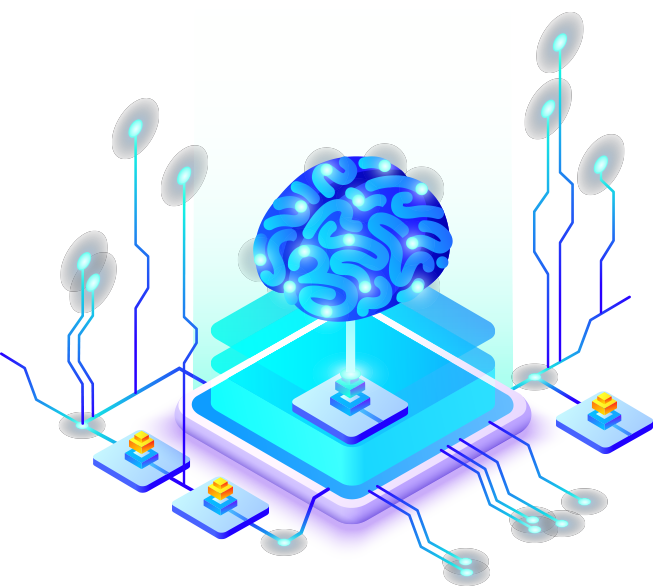
Artificial intelligence is the ability of a digital computer or a computer controlled robot to do tasks that are usually done by humans because they require intelligence and discernment. In simple terms, it refers to the simulation of human intelligence in machines that are programmed to think like humans and mimic their actions. Examples of AI are; automation, machine language, machine vision etc.
TYPES OF AI
Arend Hintze, an assistant professor on integrative Biology and Computer Science and Engineering at Michigan State University, categorize (AI) into four types according the task-specific , intelligent systems in wide use today and progressing to sentiment systems which not yet exist. These are;
- Type 1– Reactive machines which are AI systems with no memory and task specific for example; Deep blue and the IBM Chess.
- Type 2– Limited memory; these have memory and can use past experiences to inform future decision. Some self driving cars are designed this way.
- Type 3 – Theory of mind; is a psychology term when applied to AI, will be able to infer human emotions, intensions and predict behavior.
- Type 4– self-awareness is a type of AI system that have a sense of self which gives them consciousness to understand their own current state. This type does not exist yet.
ADVANTAGES OF AI
The Artificial Intelligence is very important because it gives Enterprise insight into the operations they may not have been aware of. AI tools has helped to fuel an explosion in efficiency and opened the door to entirely new business opportunities for larger enterprises.
Hence, the following are advantages of Artificial Intelligence:
- It is good at detailed oriented jobs,
- delivers consistent results,
- reduced time for data-heavy tasks,
- rational decision making,
- security improvement,
- reduction in human error etc.
There is always two sides to a coin, so is the case of AI as it possess the following disadvantages: It is expensive, requires technical enterprise, limited supply of qualified workers to build AI tools and lack of ability to generalize from one task to another.
APPLICATIONS OF AI
The Artificial Intelligence by application cuts across different field of human endeavor. It covers areas such as Health Care for diagnosing faster than humans and used to predict, fight and understand pandemics like COVID-19.
In business and banking sectors chat bots are incorporated into website to provide service to customer, it is used to collect personal data and provide financial advice. Manufacturers use robots to collaborate with human to take on responsibility for more job in Warehouses, factories and workshops.
Transport sectors use it to manage traffic and predict traffic delays and make ocean shipping safer and efficient and lastly, the security system provide alerts to new attacks quickly and fight cyber attacks.
CONCLUSION.
Finally, the function and popularity of Artificial Intelligence are soaring by the day. It application have significantly evolved over the past few years. Early participation of women and girls in the future of Technology will boost gender inclusion in the future.
REFERENCES
1. Medium.com>Types of Artificial Intelligence.
2. www.techtarget.com:A guide to Artificial Intelligence in the enterprise
3.https://www.pinclipart.com/pindetail/ibiwTJm_ai-artificial-intelligence-company-ai-development-png-clipart/





11 thoughts on “THE FUTURE OF TECHNOLOGY: ARTIFICIAL INTELLIGENCE (AI)”
AI has potential in our world to provide solutions the most problematic problems, issues like prediction of disease like cancer of which medical practitioners say is almost random will be solved with AI, with it’s ability to recognize patters in a haystack of randomness… 👍
I love this work, its really elaborate….
👍
Wonderful piece!!!
Awesome🔥
Wow this awesome and also a good talk for those going for AI
This awesome 😘😘
Wonderful article. Kudos to the team 👏👏
Really educational God bless this knowledge
Nice 👍
Wow !!! this is informativ and educative . AI is the future